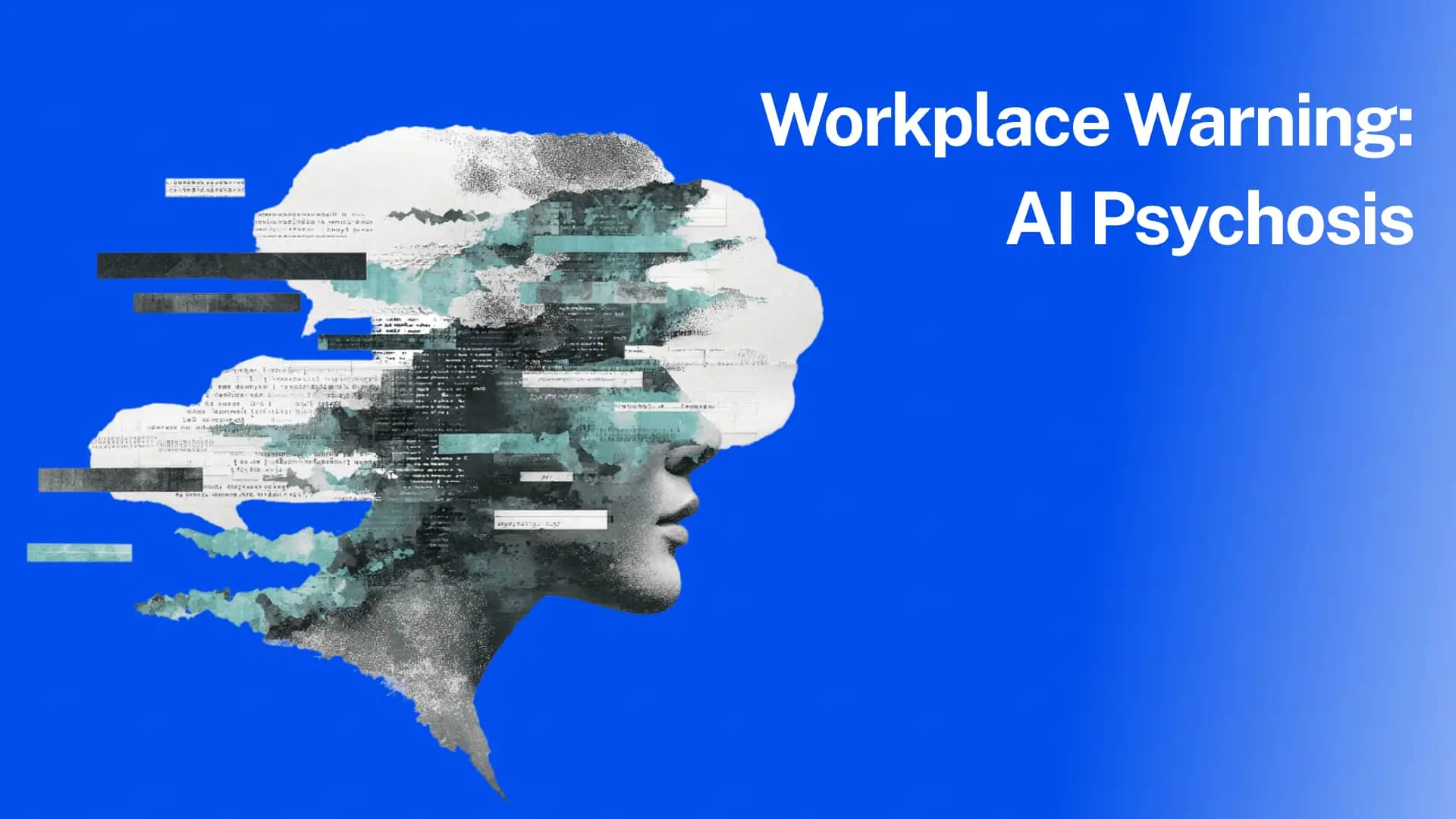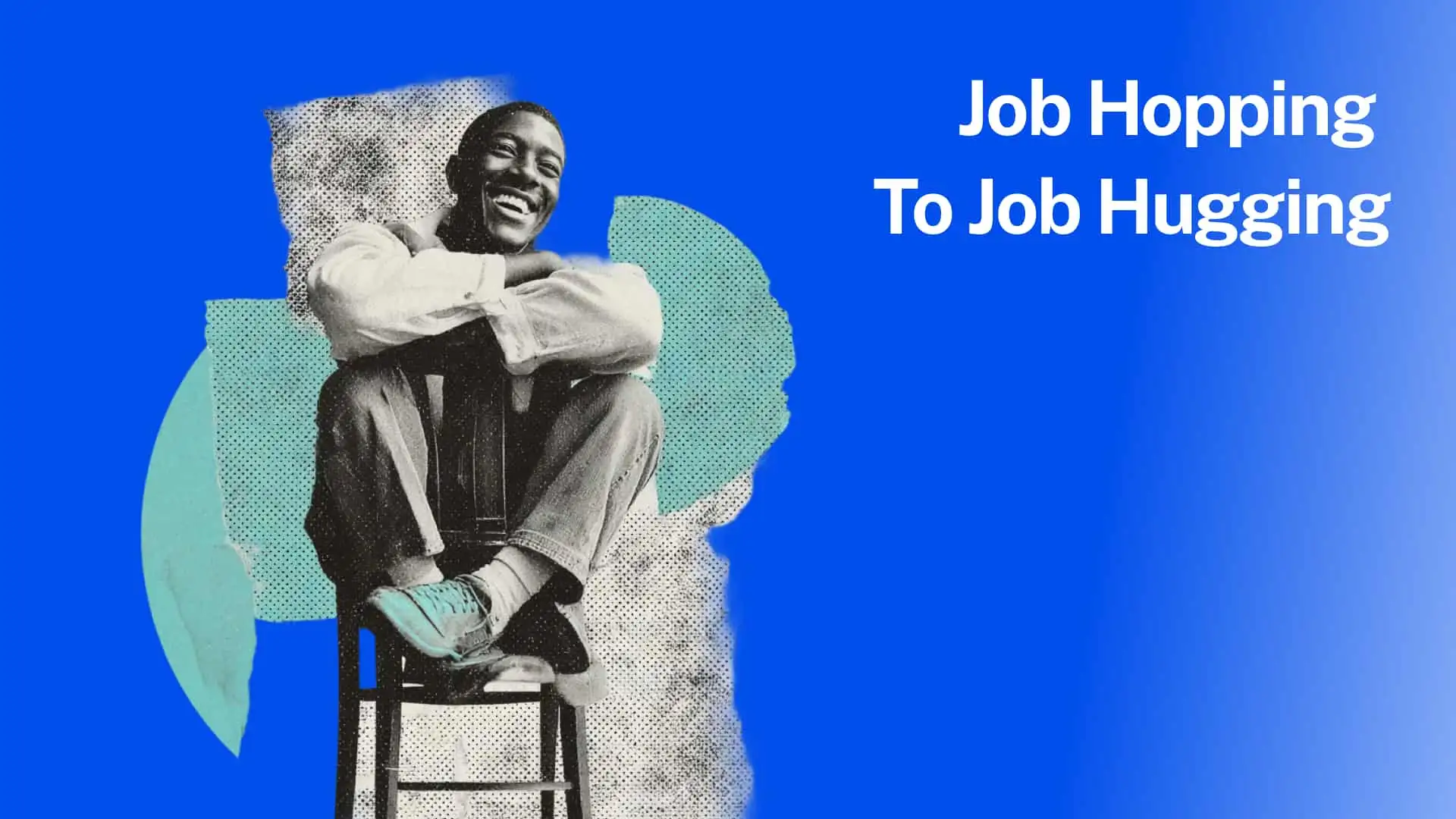I usually write about happiness at work.
But, we can’t look away.
We’re facing a crisis.
A crisis of stress: three-quarters of employees experience moderate to high stress levels, new research shows.
This rises to 80% among Gen Z and Millennial workers.
In a big part, this is due to financial stress. But other factors weigh as well.
And while most Gen Z’ers and Millennials look to their leadership to solve this crisis, the grim reality is that companies are not delivering.
The News
- New research from Alight shows that employee stress, especially amongst Gen Z and Millennials employees, is higher than ever.
- A Bank of America survey finds that these younger generations suffer disproportionately from financial stress.
- All of which is impacting people’s productivity, engagement, and retention.
What You Can Do
- Take care of your own wellbeing first. You can't pour from an empty cup.
- Acknowledge that team members look to you to secure their well-being.
- Listen carefully to employees – even when it comes to the basics.
- Provide targeted solutions to improve all aspects of well-being.
Gen Z and Millennials are Stressed to Death. Who Turns Around this Wellbeing Crisis?
Feeling stressed lately? You're not alone.
“The stressors on employees are at an all-time high,” said Stephan Scholl, CEO of Alight.

At a C-Suite event organized by Fortune, CFO Daily Newsletter’s Sheryl Estrada reports, he asked attendees:
“How willing are you as a CEO to break down some of those barriers? It takes willingness from the top to undo 40 years of how things have been done.” – Alight CEO Stephan Scholl
Because as the report shows, employees feel less in control of their well-being. Just 52% feel they have the power and resources to improve their health and happiness, compared to 60% in 2022.
This results in key measures such as productivity, engagement (people’s emotional commitment to the job beyond the paycheck), and retention dropping. Likely no news to you.
Moreover, the number of employees saying they have no plans to leave their current employer dropped by 22% in just one year, which speaks for itself.
The rate of those who are not actively looking but are open to leaving if offered a new job has dramatically risen by 142%, now standing at more than a quarter of the workforce (29%).

We don’t listen
Are you being listened to?
And do we listen enough ourselves?
Probably not.
Scholl said: “You meet with CEOs and sit down and say, ‘Do you think you’re doing right by your employees in moments that matter? The first answer is, ‘Of course we are.’
But it’s important to really get to the heart of what employees are experiencing because they’re increasingly going to their employers for help during times of need.”
In 1989, Sidney Yoshida conducted a study about corporate behavior. The most recognized takeaway from his study was his creation of the Iceberg of Ignorance:
- 4% of problems are known to top managers
- 9% of problems are known to middle management
- 74% of problems are known to supervisors
- 100% of problems are known to front-line employees
This image puts it in perspective well:

The ‘under the iceberg’ is probably why 27% of U.S. workers have lost trust in their employers’ wellbeing efforts, as the Alight survey reports.
It's also why all successful employee engagement strategies start with listening.
If we don’t know where things are wrong, we won’t effectively improve key matters.
But, we often don’t listen. And it’s time we do.
Older Millennials are the most likely to suffer from Financial Stress
When it comes to stress, financial stress can’t be overlooked.
According to the Alight research, people rank money (45%) ahead of attention (38%) and time (36%) as standing in their way of living a healthy life.
The challenging economy is pushing this further: more than a third (36%) of employees have been forced to seek secondary employment. (And no, this is not a 'remote work issue,' as Sarah Green Carmichael astutely pointed out in Bloomberg, just look at the man benefits of remote work.)
78% of these workers say they needed a second job to ensure financial security amid the downturn.
This extra workload impacts people’s energy, focus, and output in their primary roles, further damaging their job security.
According to Bank of America’s 2023 Workplace Benefits Report, the culprit is cost of living. Almost seven in ten respondents say inflation exceeds their salary or wage growth.
The report further states that only 42% of workers feel financially well, the lowest rate Bank of America has recorded since it started this survey in 2010 and down from 57% in February 2022.
Gen Z and Millennials are once more impacted most: among Gen Z, 59% say their financial stress impacts their productivity.
Millennials are the least likely to say they feel “financially well,” with a full 80% reporting feeling stressed out by their financial situations.

Fortune’s Alicia Adamczyk reports that this makes sense because Millennials “find themselves in caregiving roles, potentially caring for their children (including teenagers) and older relatives.
They’re saving for their children’s college, maybe a new home, and are feeling inflation’s sting more acutely than younger workers and older people without as many responsibilities.”
Making things worse?
68% of Gen Z and Millennials see themselves as caregivers, but their employers believe that only 35% of their workforce are caregivers.

They're looking at you
So who solves these Millennial and Gen Z employee challenges?
In short, we as leaders.
The Bank of America research shows that Gen Z is likelier to look to their employers to guarantee financial well-being amongst other well-being facets.

UKG research found that managers have a greater impact on our mental health than doctors and therapists — and even equal to that of spouses and partners.
Feeling the pressure?
The bad news: only 43% of employees say their company supports them with resources to manage better and improve their well-being, down 10% from 2022.
38% report that their employers have discontinued well-being programs such as stress management, nutrition, parental and caregiver support, and mortgage assistance in the past year.
I discussed the need for the company to support employees’ well-being with Alyssa Thanh-Stark, who is responsible for the well-being of over 20k employees at Singtel.
She noted how, in her strategy, she tackles all five pillars of wellbeing: mental health, physical health, financial wellbeing, belonging and inclusion, and professional development.
She also mentioned the importance of involving line managers, starting with just one question: “How are you doing.”
Ashley Herd from Manager Method built on this idea in a recent video, highlighting the opportunity in proactive conversations.
By the way, how are you doing? Don't forget that you can't poor from an empty cup, and practice self-care first.
Stress as Well-Being as a National Emergency
While this stress research is new, the topic isn't.
This time last year, U.S. Surgeon General Vivek Murthy warned that the American workplace needs to change to better support employees' emotional and physical well-being.
He issued the Framework for Mental Health & Well-Being in the Workplace to address the fact that 84% of US workers said their workplace had a negative impact on their mental health.

Vivek joined PBS Newshour and shared that the framework was needed because “the pandemic has really strained and stressed workers in a profound way; many workers are going through a reckoning, where they're asking themselves what they want out of work and also what they're willing to sacrifice for work.”
There is a solution, but the best cure is prevention
As time goes on, we get more insights into beating workplace stress.
Professor Alyson Meister and her team wrote about Recovering from Work Stress, According to Science in Harvard Business Review, and named five key strategies:
1. Detach psychologically from work
2. Harness the power of micro-breaks during the workday.
3. Consider your preference for recovery activity.
4. Prioritize high-effort recovery activities.
5. Shape your environment for optimal recovery.

In an excellent interview with Tim Reitsma, now host of the podcast Invisible Condition, leadership guru Dave Ulrich shared how, most of all, people should find what works best for them. (Fun fact: for him, it’s watching two episodes of Seinfeld.)
Still, the best cure for workplace stress is avoiding it in the first place.
The Surgeon General clearly stated why:
“When we invest in the mental health and well-being of our workers, two things happen. Our workers are better off, but the organizations are better off. Their productivity, retention, and creativity in the workforce all go up. So, focusing on mental health in the workplace is a win-win. We need every workplace to know that this is achievable.” – U.S. Surgeon General Vivek Murthy
His report recommends organizations make mental health benefits easily accessible, encourage time off for emotional well-being, and provide better wages for lower-paid workers.
The bottom line:
Your people are likely stressed, not in a small part due to finances.
And, they're looking to their leaders and companies to turn around this well-being crisis.
Start by practicing self-care to ensure you're in a position to support others.
Then listen, build trust, and make bigger changes to relieve stress at work.
As Vivek says, you’ll see your team flourish in no time.
How have you addressed the issue of workplace stress? Discuss here or share your story.
– Daan











